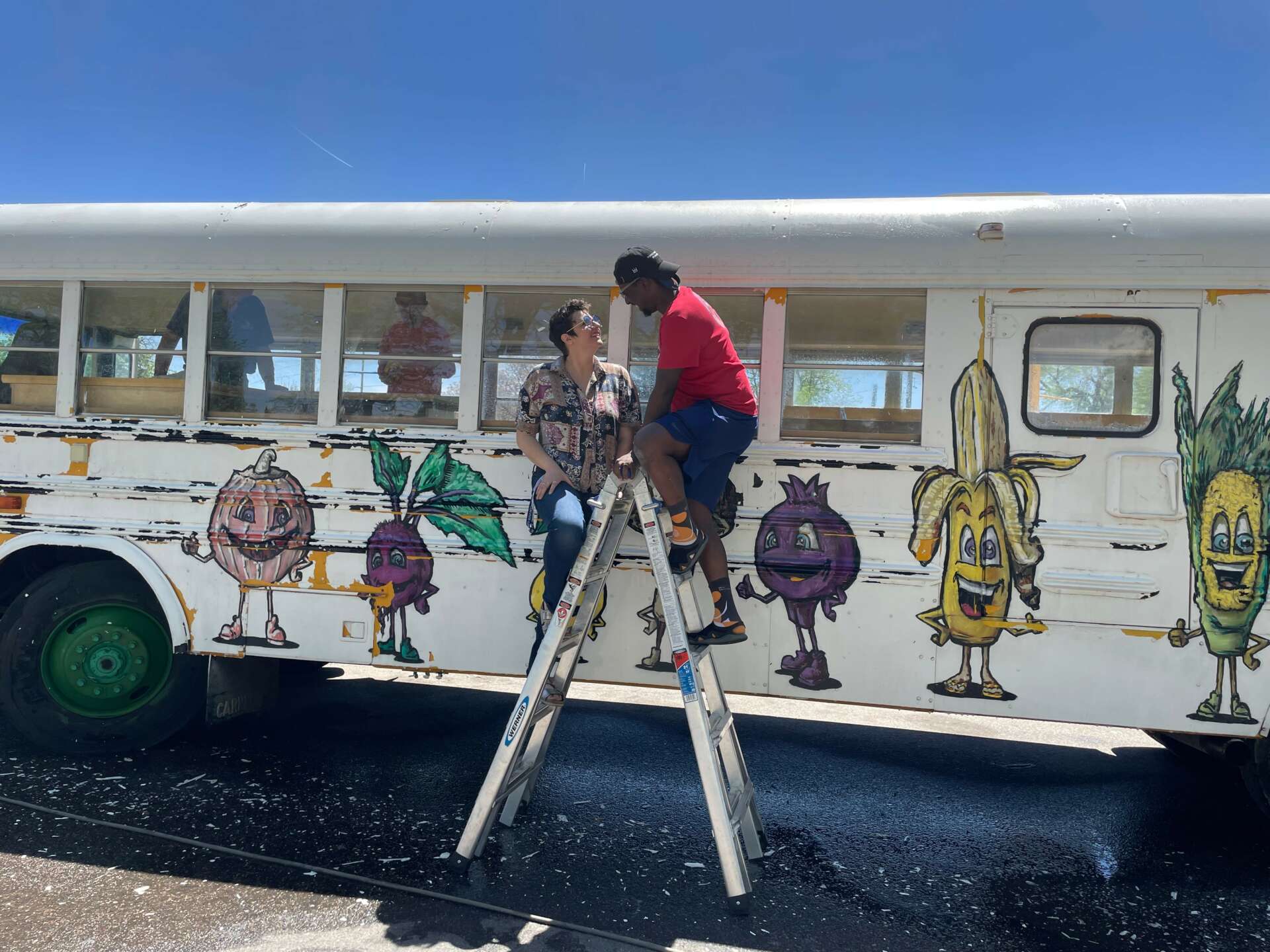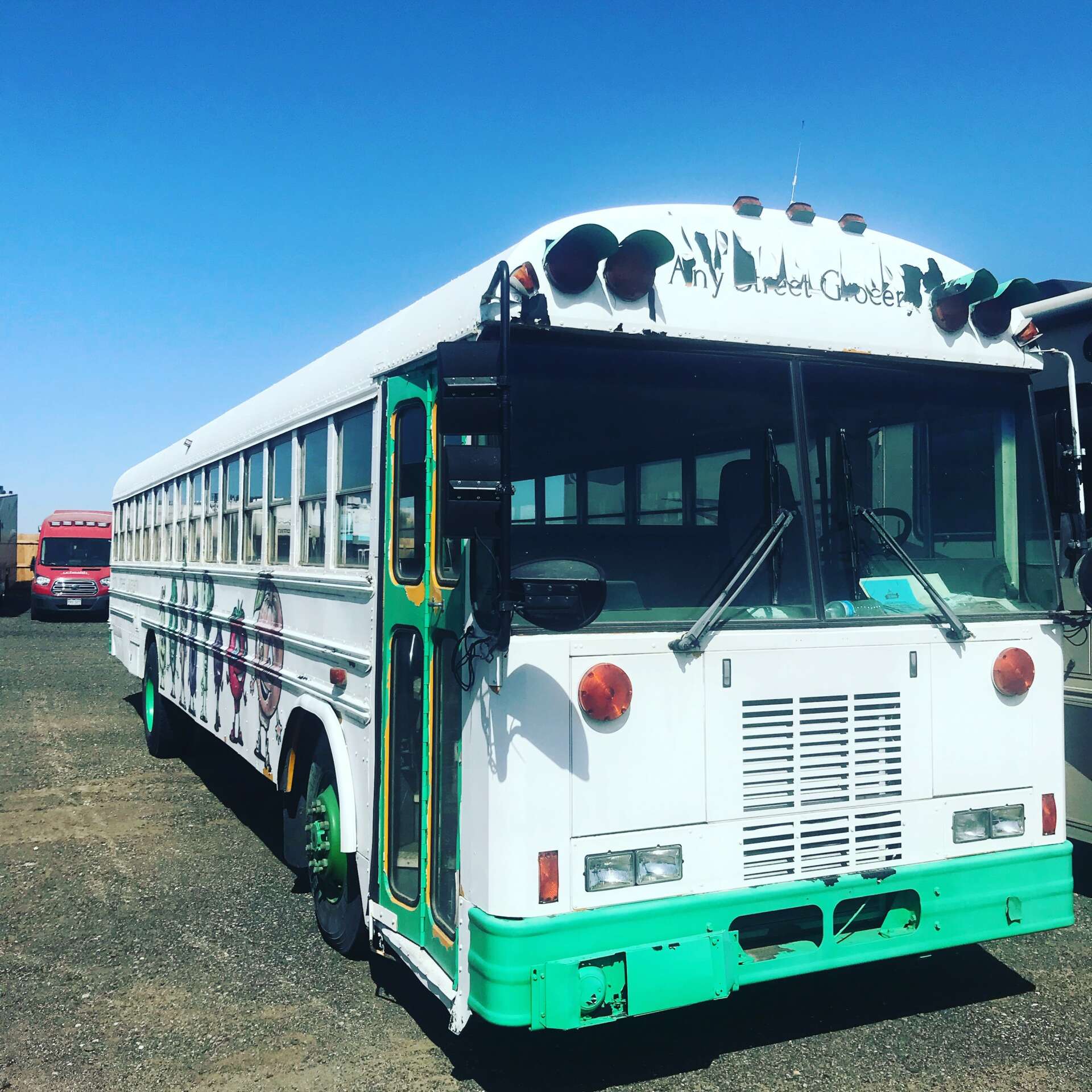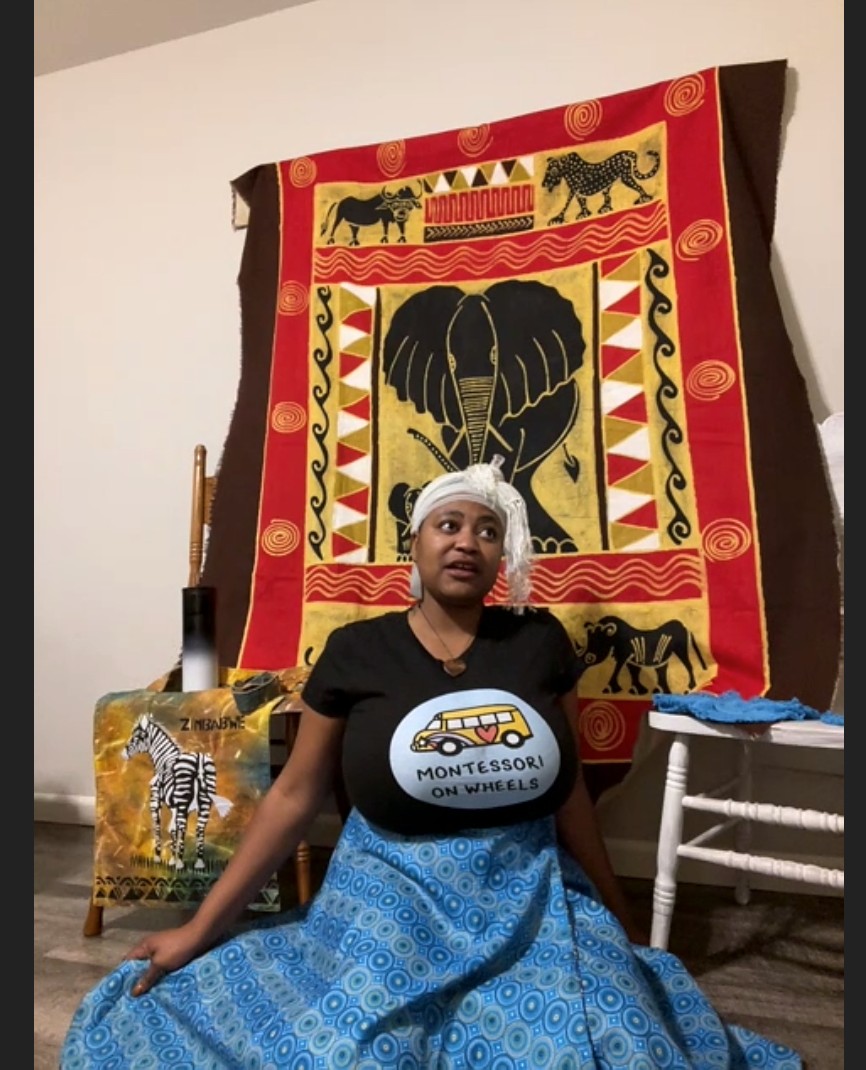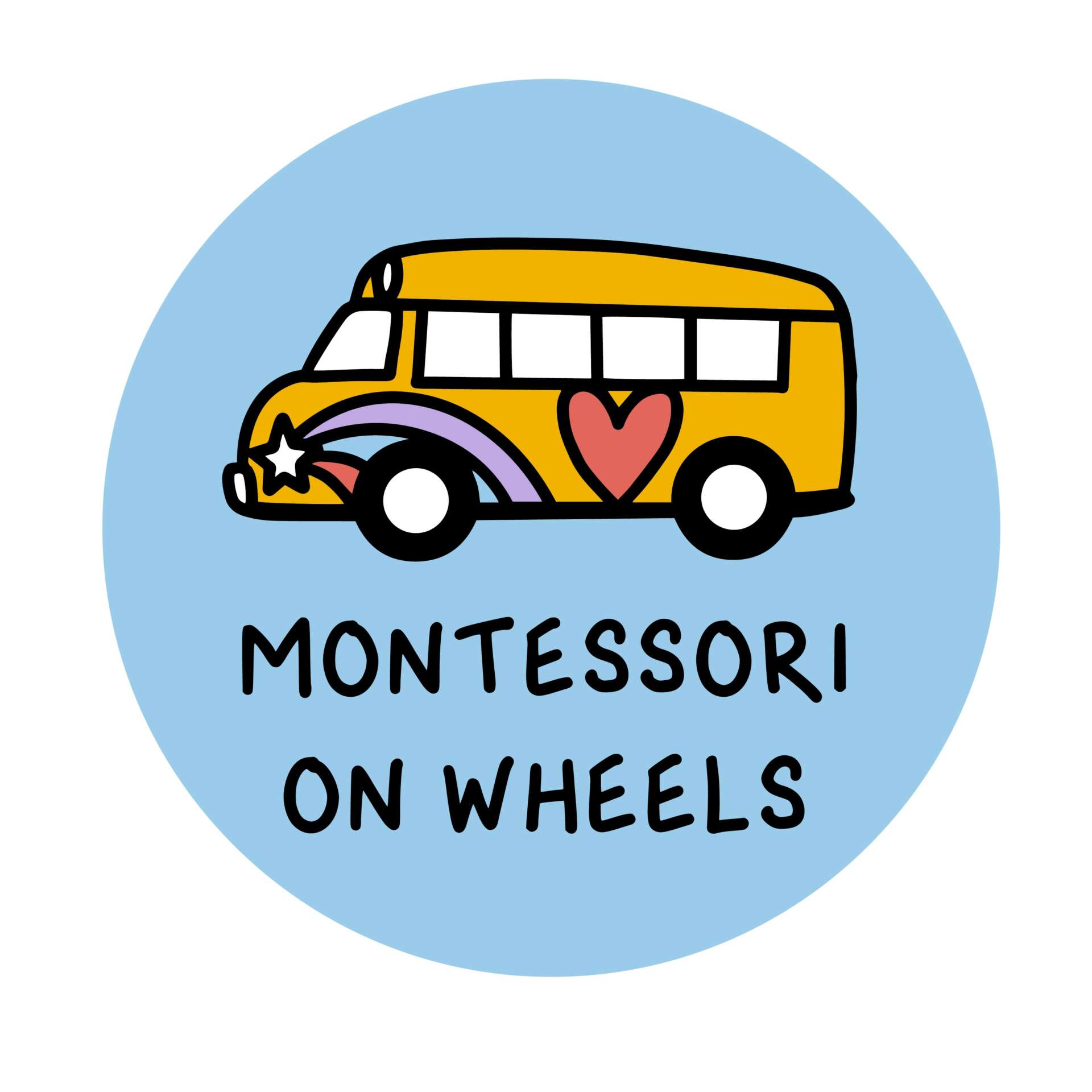Alright – so today we’ve got the honor of introducing you to Tatenda Muchiriri. We think you’ll enjoy our conversation, we’ve shared it below.
Alright, Tatenda thanks for taking the time to share your stories and insights with us today. We’d love to have you retell us the story behind how you came up with the idea for your business, I think our audience would really enjoy hearing the backstory.
Two years ago, at the beginning of the pandemic, I was part of the Moonshot EdVentures fellowship. Where I was piloting and working to open a micro-school in Aurora, Denver. My two years working to open the school helped me gain invaluable experience. First, I witnessed the limited impact brick-and-mortar educational settings offer, especially given that the beneficiaries are frequently only within a school’s ten-mile radius. Transportation inequality is a real challenge for communities of color in the Denver and Aurora school districts. Parents who rely on public transportation or have unreliable transportation options find it challenging to get their children to schools that claim to have enriching, innovative and creative cross-cultural curricula. The bus’s mobility, however, offers them another alternative. The Montessori on Wheels idea came from my participation at Embark, Iterative Space fellowship. This was a six-week radical experience where I interacted with educators from all spheres. The coming together in community and sharing ways in which we as educators were thinking of changing the landscape of education helped me design a unique approach to ways in which we do education with families by actually going into the communities and tapping into the wisdom and learnings that are embedded in community knowledge. The idea of a bus was exciting and tangible to deconstruct old ways of thinking of learning only limited to the brick and mortar model. In Rungano, the MoW bus, children get to dream and create learning and see the world as their learning space.

Great, appreciate you sharing that with us. Before we ask you to share more of your insights, can you take a moment to introduce yourself and how you got to where you are today to our readers
I was born in Zimbabwe and discovered my love of Montessori when I moved to China, where I had the opportunity to work with children for seven years before moving to Boulder, Colorado, in 2015. My passion for Montessori allowed me to receive an American Montessori Society Infant/Toddler and Early Childhood credential through the Montessori Education Center of the Rockies. I was privileged to be part of the AMS Emerging Leaders Fellowship 2nd cohort 2018 and Moonshot EdVentures fellowship 4th cohort 2020. and the Iterative Space Fellowship in 2021
My Montessori story began in the Changping district of Beijing, China, in 2009, where I was not only the foreign teacher but the first male and African Montessori student teacher. As an African Teacher in a new Montessori school, I learned very quickly to adapt and share my cultural background in an environment that was very exciting and curious as to how on earth I ended up in front of them. When I moved to the US, I experienced Montessori being a niche, an education for affluent folks, and not so much for people who looked like me. I knew I had to design a program or space where I could share Montessori and the story of my people, how we understand learning to happen in the community, and that children learn better when they are trusted and supported. Montessori on Wheels came from the understanding that Montessori education needs to move- It can not stay stagnant and confined in middle upper-class communities. With MoW, we are diminishing accessibility challenges for those who will only be able to walk to a site while adding a negligible inconvenience to those who’d have to drive to our alternative locations.
Can you tell us about a time you’ve had to pivot?
In 2021, I gained invaluable experience working to establish a school. First, I witnessed the limited impact brick-and-mortar educational settings offer, especially given that the beneficiaries are frequently only within a school’s ten-mile radius. Transportation inequality is a real challenge for communities of color in the Denver and Aurora school districts. Parents who rely on public transportation or have unreliable transportation options find it challenging to get their children to schools that claim to have enriching, innovative and creative cross-cultural curricula. MoW was birthed from lessons learned from piloting to open a school. I knew I had to redesign and co-create with the community a program that would shift how education has been done to them. Hence the bus’s mobility offers them another alternative.



Any stories or insights that might help us understand how you’ve built such a strong reputation?
Credibility through familiarity. “Telling our stories,” Rungano, the MoW bus, captures the power and essence of humanity’s desire to document familial and communal traditions, culture, history, and science. Parents, siblings, family, and neighbors are the first “storytellers” who teach children the richness of their environment, the art, and the science of this enduring human technology, which establishes a foundation for children emerging as lifelong learners. Utilizing the vast resources within children’s communities, Rungano: Montessori on Wheels comes to Black and Brown communities and challenges a western idea that school is a stationary brick-and-mortar structure in which “the real” teachers impart “the true” curriculum. Taking Montessori “to the streets” exposes children to a dynamic exchange of organic, innovative, and indigenous pedagogy that expands children’s worldview and ultimately makes for a more conscious citizenry.
Contact Info:
- Website: www.montessorionwheels.org
- Instagram: https://www.instagram.com/montessorionwheels/
- Facebook: https://www.facebook.com/MoWDenver
- Linkedin: https://www.linkedin.com/in/tatenda-blessing-muchiriri-0326b3107/
- Twitter: https://twitter.com/MonteReclaimed


